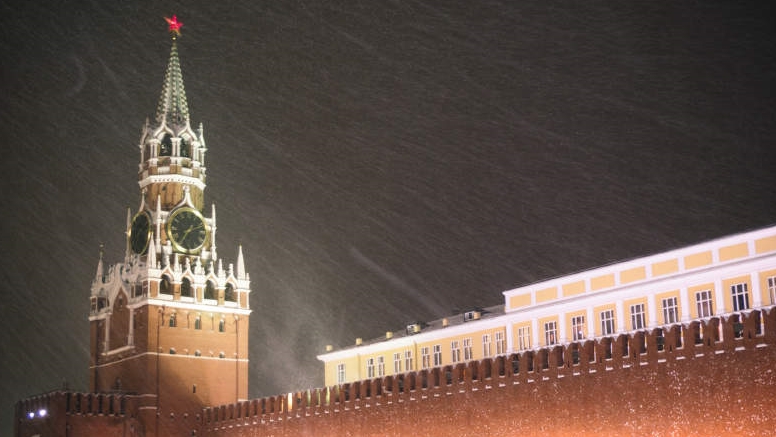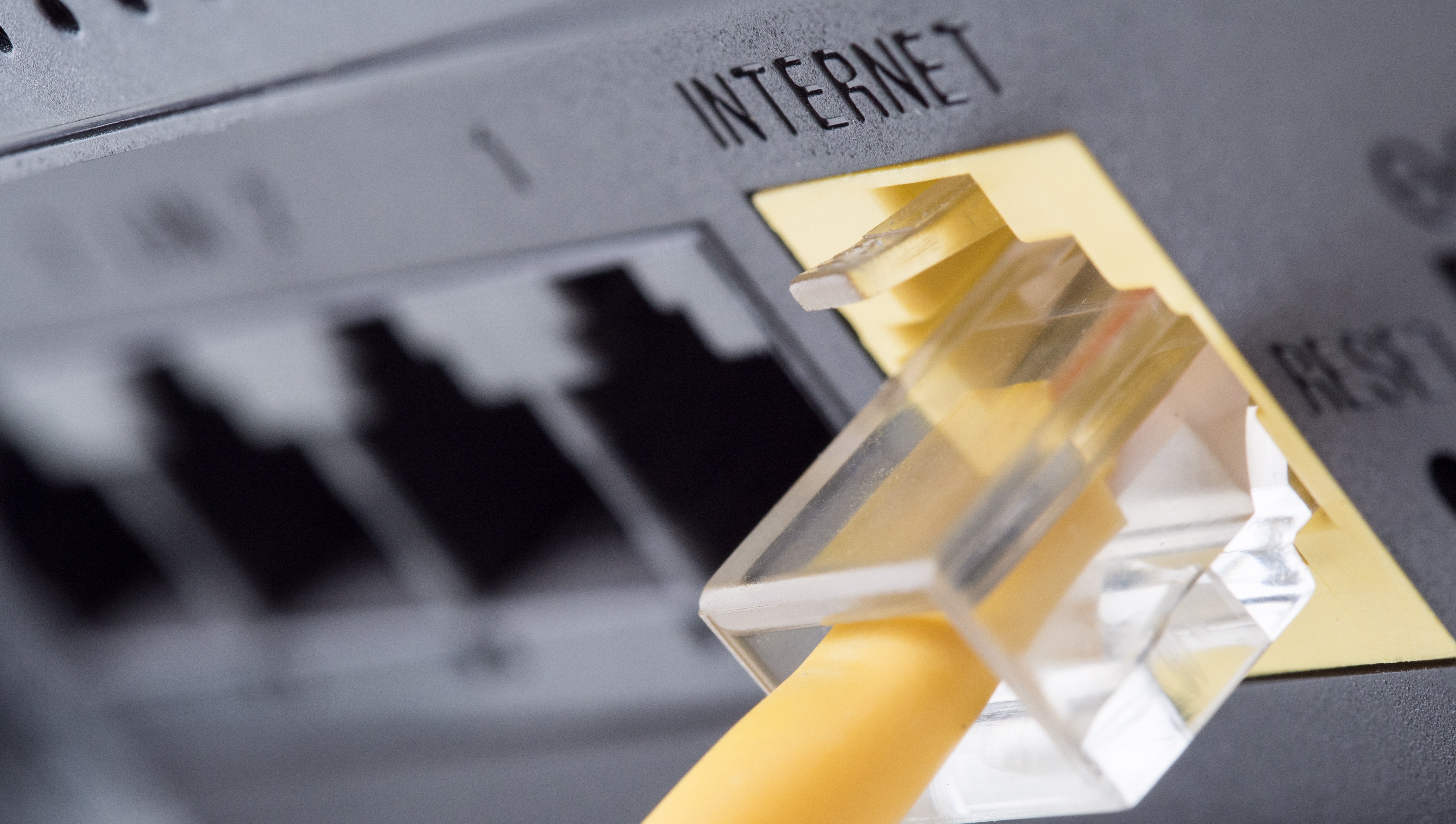Russia’s Sovereign Internet Bill explained
What would happen if Russia unplugged itself from the rest of the internet?

Imagine if the internet as you knew it disappeared overnight? How would people react if all their favorite sites and services were suddenly inaccessible? While this may be a bit of an over exaggeration, Russia’s Sovereign Internet Bill could possibly do just that for the country’s 143m citizens.
The new bill, which is backed by President Vladimir Putin and Moscow lawmakers, would create a single command post where local authorities can manage and even halt the flow of information across the internet in Russia. Putin has portrayed the bill as a defensive response to the Trump Administration’s new cyber strategy, but what if there is more to the Sovereign Internet bill?
TechRadar Pro spoke with ThousandEyes VP of Product Marketing, Alex Henthorn-Iwane to learn more about the bill and how it could affect the internet as a whole.
- Putin wants his own private internet
- The blocking of VPNs in India and China spells trouble for our internet freedom
- What Russia will really test if it ‘unplugs’ from the internet
Are you at all surprised that Russian President Vladimir Putin has signed the Sovereign Internet Bill into law?
For the last number of years, it appears that Russia has been planning some sort of structural changes to its Internet. The first changes to its Internet came in 2012, when the Russian government began blocking web users in the country from accessing some websites based on a set criteria.
Following this, in 2015, Russia passed a law requiring all software-as-a-service (SaaS) providers to maintain a local copy of all data of Russian citizens. Few complied with this requirement and as of yet, there has been little to no repercussions from non-compliance.
Most recently, in 2017, Russian officials issued a ban on all software and websites, related to Internet filtering, including virtual private networks (VPNs) and anonymisers, as well as all websites containing instructions on how to access websites blocked by the government.
With this new “sovereign internet law”, it seems the government is attempting a great experiment aimed at testing the feasibility of isolation from the rest of the Internet.
Will the new bill lead to even greater censorship in Russia?
Up to now, Russia has actually been densely integrated into the global Internet and digital ecosystem. A broad set of critical components of the Russian economy, from financial services to enterprise SaaS applications all depend heavily on interconnections to services outside of Russia. While it is true that Russia has banned certain services and websites in the past, it’s been very selective with this approach. In addition, a full cutoff that suddenly isolates Russia from the Internet would almost certainly disrupt all of these services causing a non-trivial economic impact

Russia has already threatened to block a number of VPN providers for non-compliance. Will it now become even more difficult for citizens to access the global internet freely with a VPN?
Regarding the issue of VPNs, that’s the case in China. What China did is restricting points of what traffic needs to go through to get it from China. There are lots of places where global ISPs connect, Russia wants to create choke points and control its own DNS.
Russia’s aim is to catch all requests to foreign social media sites and similar web resources - VPNs allow to still access them.
In China, you have to change VPN settings quite often, or intelligence agencies will detect and close your connection. Russia wants to do something that can affect the majority of people, as the majority of people don’t know how to use VPN.
The country needs the capability to engage in a “game of cat and mouse” to prevent people from using VPN, as it takes big effort to detect and close all existing and new connections via VPN.

How could the Sovereign Internet Bill affect the rest of the internet and could it possibly lead to internet fragmentation?
The Internet is still largely open. All sorts of public and private organisations are interconnected through a variety of points.
The largest example of censorship is China because they started from the very beginning, building architecture for this from scratch. In that case, that has been possible because of two reasons. Firstly, some monopolies, which are state-run, control telecommunications within China and when it was decided to add a layer of censorship to the Internet, these state-run telecom firms complied. This created the largest filtering infrastructure of Internet traffic in the world, with a few choke points in and out of the country.
Secondly, China introduced the policy in a much earlier era of the Internet, allowing the complete ecosystem to evolve in an organic manner, while a great firewall was also firmly in place. Yet for Russia, its Internet has evolved in a much more integrated way, along with European and global Internet services. Now that these roots are firmly intertwined, it will be very difficult to separate.
Do you think that other countries will follow in Russia’s footsteps?
There are attempts in countries with restrictive points of the internet already. Saudi Arabia restricts Domain Name service. DNS allows to convert the URL into numerical address to be reached there. Saudi Arabia forces the DNS request traffic through nationally controlled proxy service. The same technology is used in China.
The Internet is mostly open today, but there’s a clear impulse to secure more sovereignty such as GDPR, and news privacy laws in different countries, but that still allows traffic to flow.
If you’re a US company, and you want to do business in the EU, any data needs to stay there. This also drives US companies for EU infrastructure investments. Russia is a more severe example of trying to control the flow of traffic, requests and services. There is a trend to fragmentation, but it’s not terribly common, there are lots of countries that are still fully open.

What advice would you give to Russian consumers and business owners regarding how they can best prepare for the bill’s implementation?
If the bill is implemented, a typical user or business owner may not be able to use certain services unless they use a VPN and change VPN settings quite often, and are willing to play a continuous game of cat and mouse with the enforcement mechanisms, as is the case in China.
- We've also highlighted the best VPN
Sign up to the TechRadar Pro newsletter to get all the top news, opinion, features and guidance your business needs to succeed!